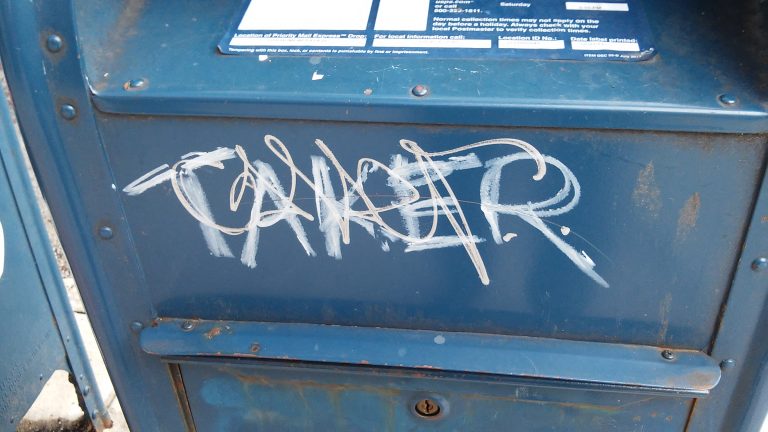By Roberto E. Alejandro, Editor-in-Chief
Not too long ago, I sat down with Marcus Toles and Reginald Smith-Bey, two men formerly incarcerated on felony convictions, and who would be able to vote in Baltimore’s upcoming April primary if, on Feb. 5, the Maryland Senate votes to overturn Hogan’s veto of Senate Bill 340 (SB 340), which would expand the franchise to any felon who has been released from prison, even if they are still serving parole or probation. Maryland law currently allows persons formerly convicted of felonies to vote upon release from prison, but only after any court mandated period of parole or probation has been successfully completed.
Toles and Smith-Bey spoke about the significance for them of being able to vote in the upcoming election, as well as the challenges the formerly incarcerated face as they seek to reintegrate into civil society.
My discussion with Toles and Smith-Bey was originally conducted as part of a story on the upcoming overturn vote. That vote had originally been scheduled for Jan. 21, but was postponed until Feb. 5 at the request of SB 340 sponsor Sen. Joan Conway (D-Baltimore City), to ensure the vote would be held on a date when all the votes necessary for overturning the veto would be present in the Senate chamber.
But the content of my discussion with Toles and Smith-Bey stands in sharp contrast to the way lawmakers opposed to expanded former felon voting rights speak about the persons who would be affected by this bill.
What follows is a sampling of that political rhetoric, spoken by members of the Maryland House of Delegates opposed to the House version of the same bill (House Bill 980) on Jan. 20, the date of the House’s successful vote to overturn Hogan’s veto, combined with portions of my interview with Toles and Smith-Bey. The recording begins with a clip of Del. Patrick McDonough (R-Baltimore and Harford Counties), followed by the voice of Smith-Bey.
This column was originally published by OnBckgrnd.com, on Feb. 2, 2016.

